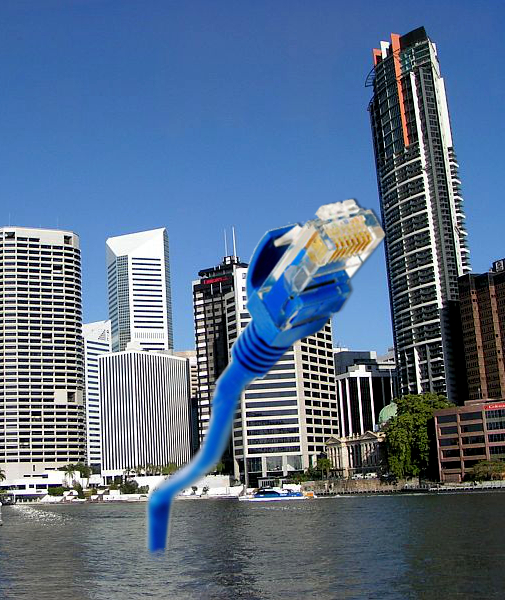TPG slams protected network

TPG Telecom wants a greater degree of infrastructure-based competition in NBN fixed-line areas.
TPG began rolling out its own fibre-to-the-basement (FTTB) network in 2013. Its efforts were only made possible by an exemption to that protect NBN Co's business model.
The ‘anti-cherry-picking’ are intended to stop carriers other than NBN Co from rolling out ‘superfast’ networks in high-income, low-cost and high-density areas – which would undercut NBN Co's prices.
TPG says NBN Co does not need to be as heavily protected from fixed-line competition anymore.
“The declarations were part of a misguided government policy to insulate the NBN from competition by increasing the costs of potential NBN competitors, thereby impeding competition in those geographic areas where the NBN was exposed to potential competition,” TPG said in a recent submission to the ACCC. It is accessible here in PDF form.
“Now that the NBN rollout is nearing completion, TPG considers that the practical benefit of the LBAS [local bitstream access service] and SBAS [superfast broadband access service] declarations to consumers is minimal.
“However, the compliance burden imposed on companies such as TPG should not be under-estimated and the economic cost of continuing to artificially insulate NBN Co from competition is high.
“Against this background, TPG believes that continued declaration of the LBAS/SBAS does not promote the efficient use of infrastructure, does not promote investment, and does not promote competition in the relevant markets as required by Part XIC [of the Trade Practices Act].
“Rather, the opposite is true. Each of these matters would be promoted if the declarations were removed and NBN competitors were deregulated to enable them to better compete with the NBN.”
TPG said that the “economic cost of continuing to artificially insulate NBN Co from competition is high”.







 Print
Print